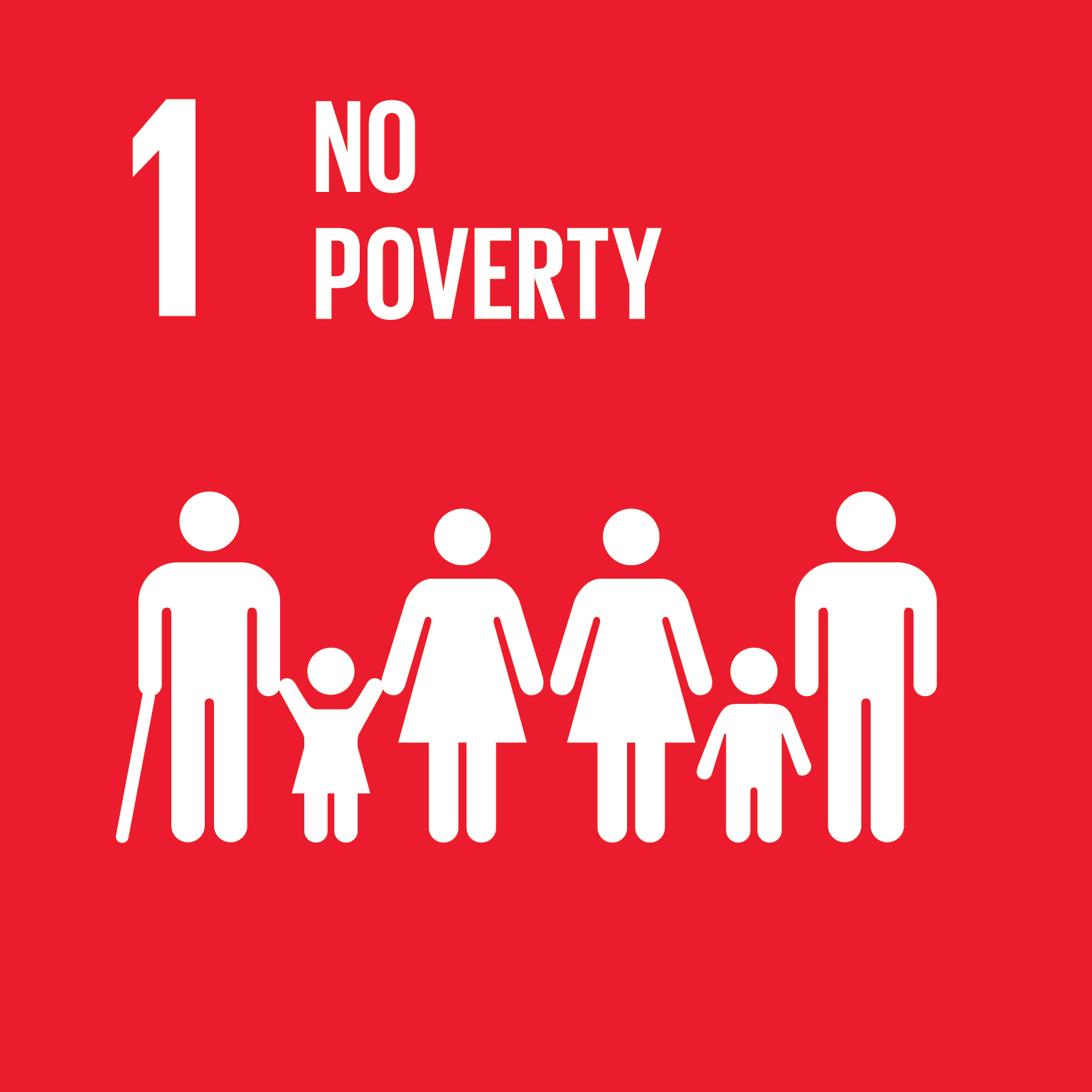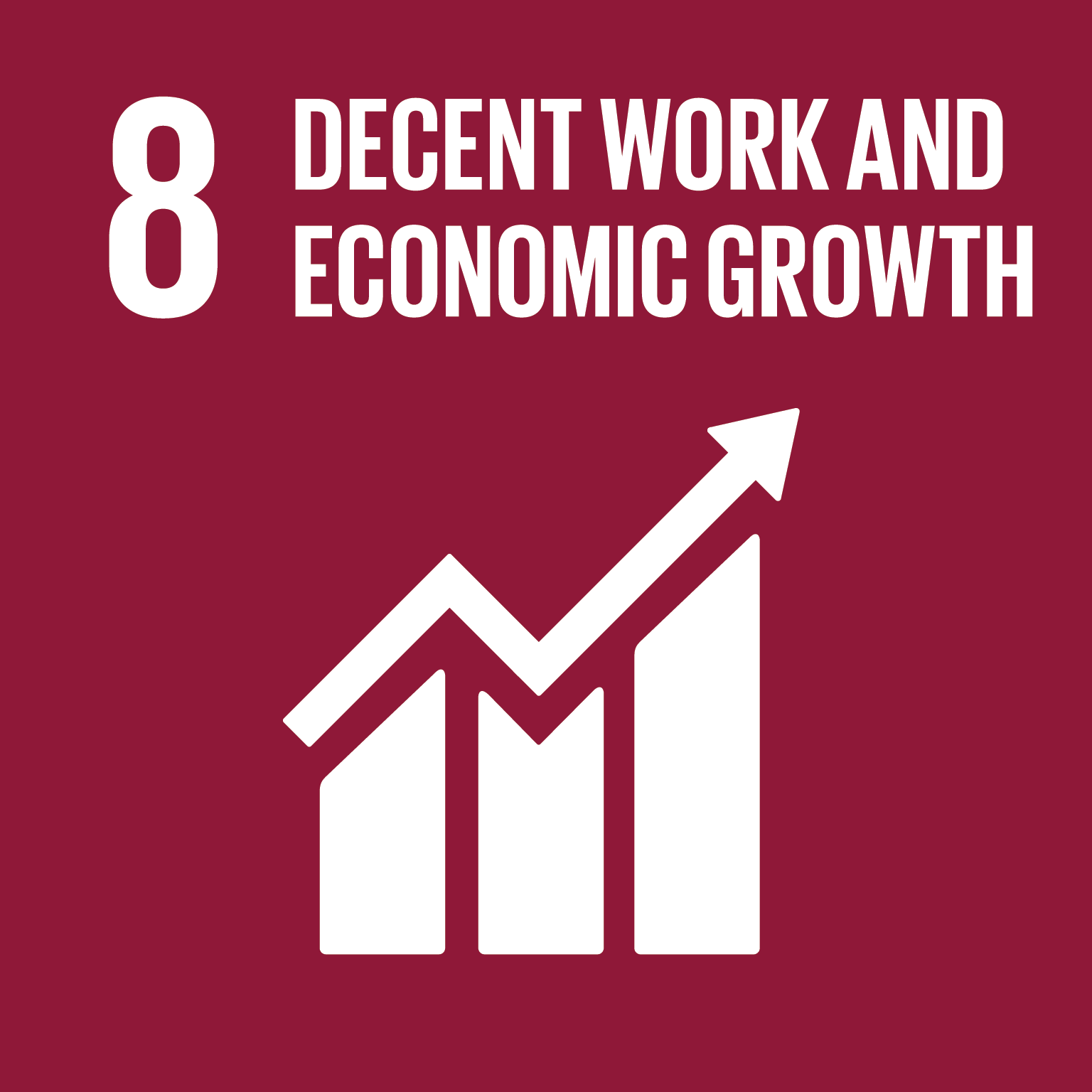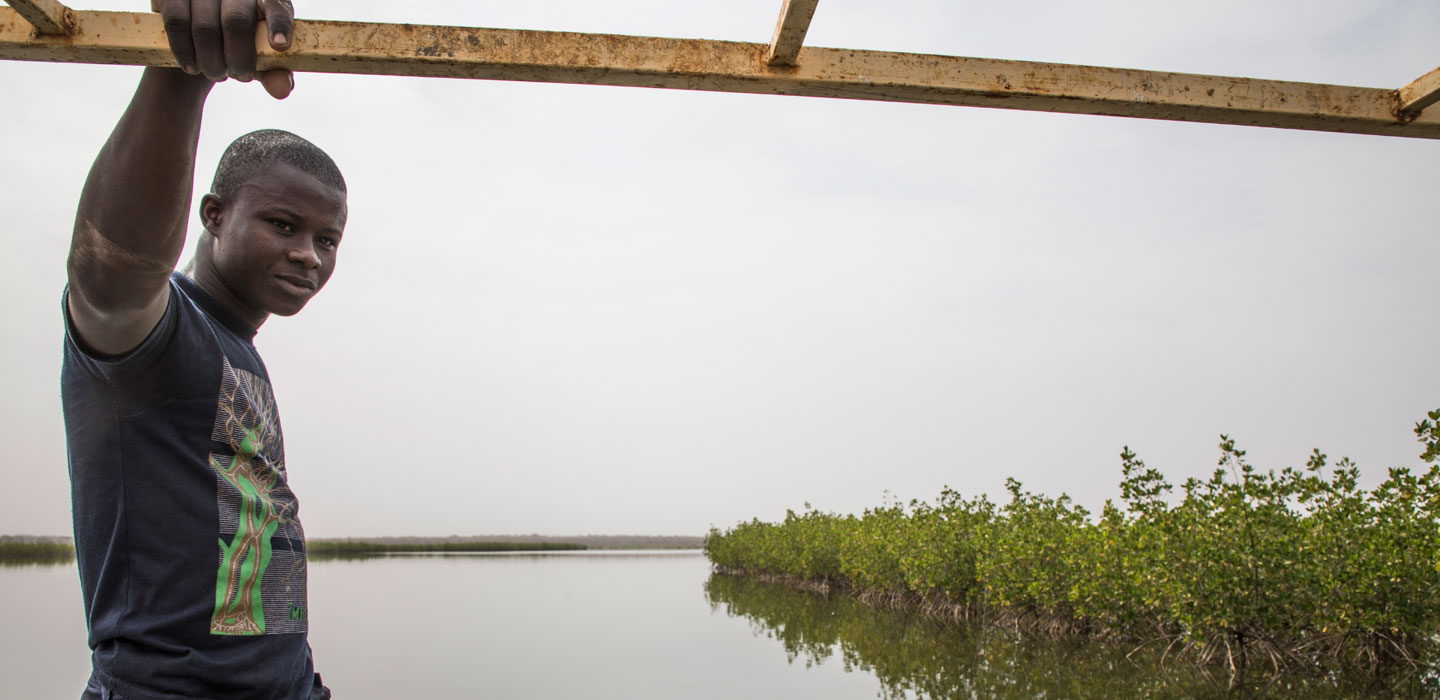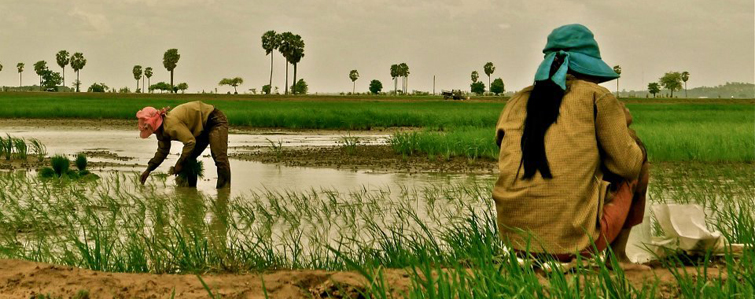Adaptation for Smallholder Agriculture Programme
Establishing better working conditions for smallholder farmers through the use of good practices and new technologies
Challenges
One of the challenges concerning African agriculture is the use of rudimentary practices and techniques, which are, not rarely, damaging for the environment. The climate-change package of perils represents a significant risk for the food production of poor countries as the air warms, precipitation becomes irregular and the sea level continues to rise. Smallholder farmers are usually the most affected by climate change and harsh natural conditions since they are usually located in rural areas of significant vulnerability, such as hillsides, rangelands, semi-arid and arid lands, flood plains and deltas, and depend on climate-sensitive natural resources to produce and live.
Towards a Solution
This IFAD project is set to assist smallholder farmers, especially in Africa, Asia and Latin America, to overcome a range of rural issues through large- and small-scale funding of climate-resilient policies, strategies and programmes. The Adaptation for Smallholder Agriculture Programme (ASAP) constitutes a “multi-year, multi-donor financing window,” through which it “provides a new source of cofinancing to scale up and integrate climate change adaptation across IFAD’s approximately US$1 billion per year of new investments.”[1] ASAP engages in climate-resilient agriculture via seven bilateral donors and $340 million for projects, integrating a climate-smart approach into all of the initiatives of the organization. ASAP seeks to use “tried and tested approaches to rural development with relevant adaptation know-how and technologies from different realities”, incentivizing South-South and triangular cooperation in the process and ultimately increasing “the capacity of an estimated 8 million smallholder farmers to expand their livelihood options”.[2]
The project methodology involves the funding of good practices for scaling up those tried and trusted approaches to rural development (particularly with climate-smart approaches) that have proved successful in delivering resilience benefits to smallholders. ASAP funding is directed to multiple countries, communities and initiatives, focusing on three pillars (or steps) in promoting change: (a) “Basing projects and policies on a deeper risk assessment and a better understanding of the interconnections between smallholder farming and wider landscapes;” (b) “Substantially scaling up successful multiple-benefit approaches to sustainable agricultural intensification;” and (c) “Enabling smallholder farmers to become significant beneficiaries of climate finance and achieve (and measure) a wider range of multiple benefits, going beyond the traditional ‘poverty and yield’ approach.”[3]
ASAP aims at five key outcomes: (a) improve land management and promote gender-sensitive, climate-resilient agricultural practices and technologies; (b) increase availability and efficient use of water for smallholder agricultural production and processing; (c) increase capacity to manage short- and long-term climate risks and reduce losses from weather-related disasters; (d) increase climate resilience of rural infrastructure; and (e) document and disseminate knowledge on climate-smart smallholder agriculture. This approach gives ASAP a holistic approach, covering sustainability promotion, water accessibility, capacity-building, infrastructure development and knowledge dissemination, with a permanent concern for the engagement of local communities in decision-making. Some ASAP impacts for 2020 were estimated: 8 million people, including 4 million women and girls, of poor households with increased climate resilience; less than 30 per cent of ecosystem and land degradation in productive landscapes; 80 million tons of greenhouse gas emissions avoided and/or sequestered; 1 million-hectare increase in hectares of land managed under climate-resilient practices; 100,000 households achieving increased water availability or efficiency in production and processing facilities; $80 million in new or existing rural infrastructure to become climate resilient; and 1,200 groups of individuals, communities and institutions engaged in climate risk management, environmental and natural resource management or disaster risk reduction activities.
The aim of IFAD efforts to promote a coherent response to climate change in line with the SDGs requires a continued focus on country-led development, community-based natural resource management, gender equality and women’s empowerment, land tenure security, access to financial services and markets, environmental sustainability and institutional capacity-building. ASAP involves a broad network of initiatives, such as the rangeland management in Kyrgyzstan, watershed management in the Plurinational State of Bolivia, conservation agriculture in Ghana, drip irrigation in Nigeria, rainwater harvesting in Yemen, reforestation and afforestation in Djibouti, biogas in Mali, and relevant partners in Nepal which have all served as solutions for enhancing production and are easily adaptable to analogous situations. These efforts entail South-South and triangular cooperation and cross-country exchange of experiences, technologies and practices.
Contact Information
Ms. Margarita Astralaga, Director, Environment, Climate, Gender and Social Inclusion Division, International Fund for Agricultural Development (IFAD)
Countries involved
Global, Regional
Nominated By
Brazil Africa Institute (IBRAF)
Supported By
IFAD
Implementing Entities
International Fund for Agricultural Development (IFAD)
Project Status
Ongoing
Project Period
2012
URL of the practice
https://www.ifad.org/en/asapPrimary SDG
02 - Zero Hunger
Secondary SDGs
08 - Decent Work and Economic Growth, 11 - Sustainable Cities and Communities, 13 - Climate Action, 15 - Life on Land
Similar Solutions












